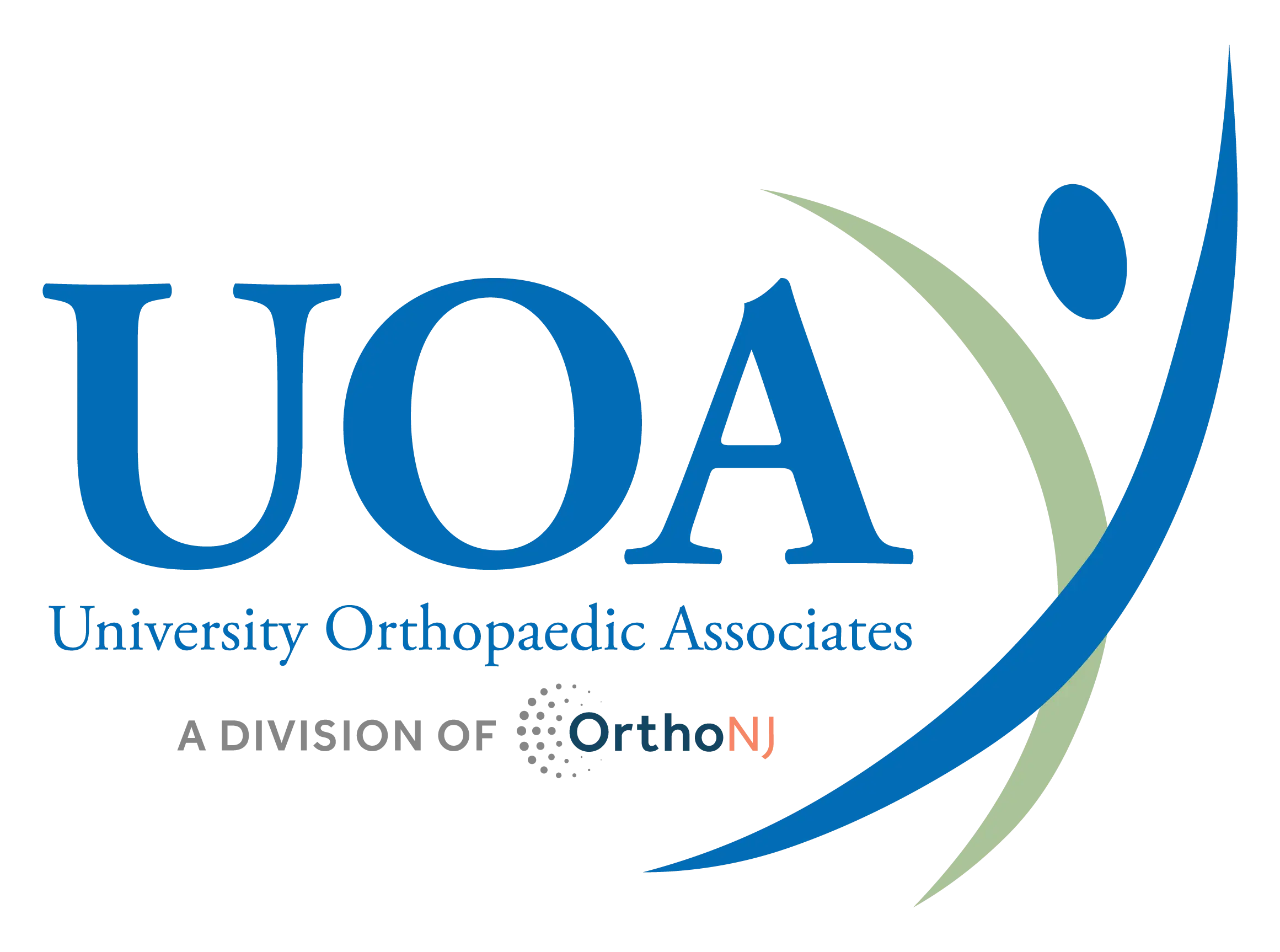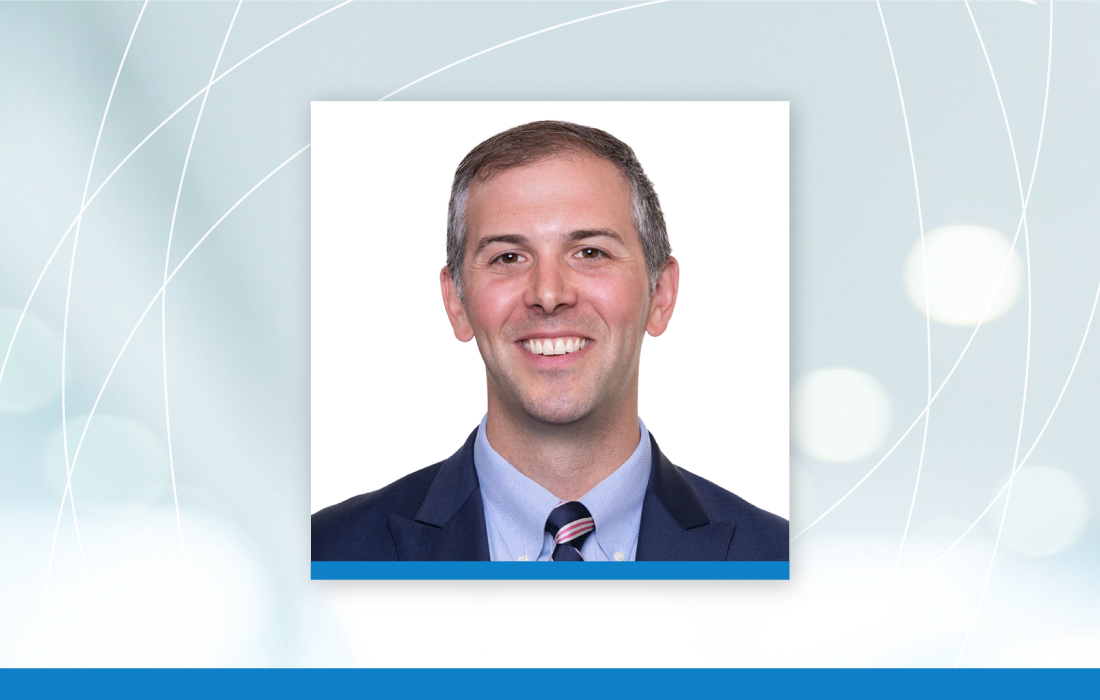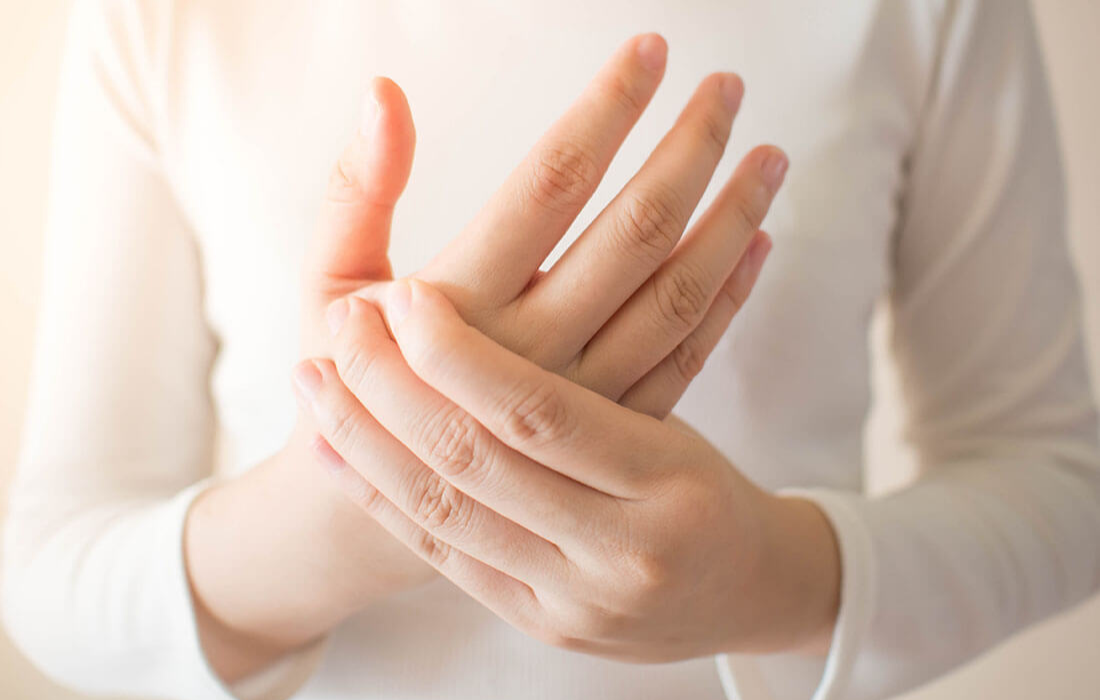The shoulder is one of the most versatile joints in the body. It allows for full movement of the arm for anything from throwing a baseball to reaching overhead for an item off of a shelf. Its versatility, however, is also its greatest weakness; too much stress on the joint can cause injury to the rotator cuff, most commonly in the form of a rotator cuff tear.
The rotator cuff is a group of muscles and tendons working together in the shoulder that connects the shoulder blade to the upper arm. The muscles allow the shoulder to rotate while the tendons provide stability. When a rotator cuff tear occurs, it is normally due to the tendon(s) fraying over time, but sometimes is the result of acute stress to the tendons. There are two kinds of tears:
- Partial Tear: This type of tear damages one or more of the tendons, but does not sever them.
- Full-Thickness Tear: Also known as a complete tear, this type splits the tendon(s) in two.
Symptoms of a Torn Rotator Cuff
- Pain in the shoulder and arm that varies depending on the severity of the tear
- Weakness in the shoulder
- Difficulty in moving the shoulder, especially when trying to raise the arm above the head
- Snap, crackle, or popping noise when moving your shoulder
- An inability to lay on the shoulder while sleeping
What Causes A Rotator Cuff Tear?
There are two general causes of a torn rotator cuff: long-term degeneration of the tendons or an acute injury.
Degenerative Tear
The majority of tears are the result of the tendons wearing down over a long period of time, a degeneration that naturally occurs with age and usually in the dominant arm. Consequently, a degenerative tear in one shoulder can increase the risk for a tear in the opposite shoulder.
There are a few factors that can lead to a degenerative tear of the rotator cuff:
- Overuse: A rotator cuff tear can occur due to repetitive motion over a period of time. Sports such as baseball, tennis or weightlifting in which an action is repeated can increase the risk for this overuse injury.
- Bone spurs: An overgrowth of bone that can develop on the underside of the acromion bone (a protruding bone at the top of the shoulder blade) with age. These overgrowths, called bone spurs, can rub against the tendons of the rotator cuff, weakening them over time and making them more likely to tear.
- Lack of blood supply: With age, the circulatory system provides a diminishing supply of oxygen and nutrients to the tendons, impairing the natural healing process. This leaves the tendons more vulnerable to injury.
Acute Tear
Jarring impacts to the shoulder can cause unnatural stress on the rotator cuff under which the tendons can tear or rupture. This can occur due to incidents such as bracing yourself with your hands during a fall or attempting to lift too much weight.
Diagnosing a Torn Rotator Cuff
After discussing medical history, the doctor will do a physical examination, checking for deformities, testing range of motion, and finding where the tissue is most tender. The neck will also be checked to rule out other potential causes, such as an impinged nerve or arthritis.
Imaging tests may also help with a torn rotator cuff diagnosis:
- X-ray: Though an x-ray will not show damage done to soft tissue, it can reveal bone spurs, an underlying cause of degenerative tears of the rotator cuff.
- Magnetic Resonance Imaging (MRI) or Ultrasound: These types of diagnostic imaging are more accurate than x-rays as they are able to show injury to the soft tissues. Not only can they reveal a rotator cuff tear, but they can also help determine the exact location of the tear and how old the injury may be.
Treating a Rotator Cuff Tear
Once a diagnosis of a torn rotator cuff is established, there are a variety of surgical and non-surgical options for treating the condition.
Non-Surgical Treatments
- Rest: Rest and limiting overhead arm motions may be suggested. In addition, a sling may be prescribed to help keep the shoulder area still and protect it from further injury.
- Physical therapy and strengthening exercises: An exercise program that includes stretching to improve flexibility and range of motion may restore strength and movement to the affected shoulder.
- Anti-inflammatory medication (both non-steroidal and steroidal): Over-the-counter medication such as naproxen and ibuprofen will reduce swelling and manage pain. Should those fail, an injection of local anesthetic and cortisone may be recommended.
Surgical Treatments
If all other treatment options have been exhausted or if the tear is too severe, your doctor may recommend one of the three common surgical options for repairing a torn rotator cuff:
- Open Repair: This type of repair is ideal if the tear is large or if additional reconstruction is required. During the surgery, bone spurs are removed from the underside of the acromion to avoid future injury to the tendons.
- All-Arthroscopic Repair: During this procedure, a small camera is inserted into the shoulder joint to produce images that the surgeon will use as a guide to repair the damage using miniature surgical tools.
- Mini-Open Repair: Done with an incision only 3-5 cm long, this technique is a marriage of arthroscopy and open repair with the added benefit of not needing to detach the deltoid muscle in order to fix the tear or remove a bone spur.
Early treatment may prevent the symptoms from getting worse, so any chronic pain or pain following injury should be addressed by a doctor as soon as possible.
UOA Hand & Upper Extremity Department
At UOA, our team of world-class, experienced orthopaedic surgeons bring the latest in techniques and technology to provide the best in comprehensive care. Our department specializes in the care and treatment of conditions of the hand and upper extremity (finger tips to shoulder) including sports injuries and joint replacements of the shoulder, elbow and wrist. Using our unique team approach, we will create a customized treatment plan that is best suited to your needs.
For an appointment at one of our three convenient locations in Somerset, Mercer or Monmouth County, fill out our online form or contact our offices directly via telephone.




